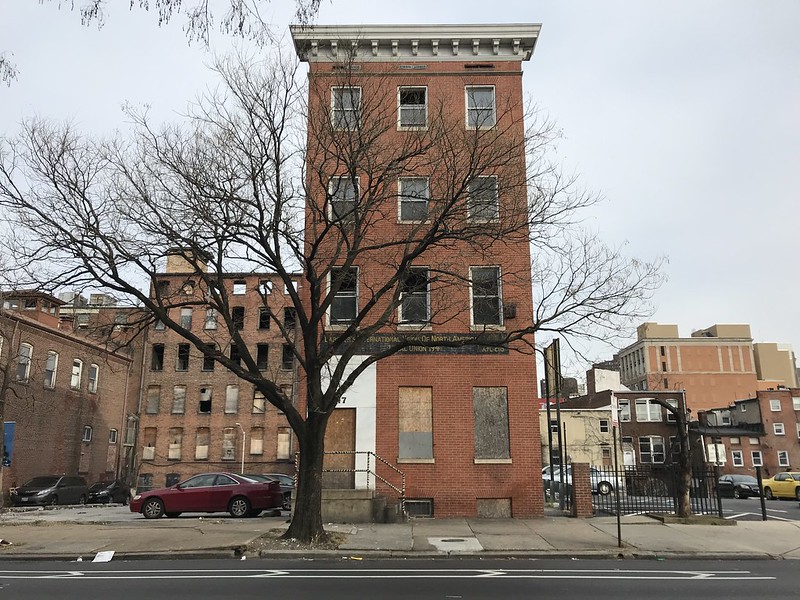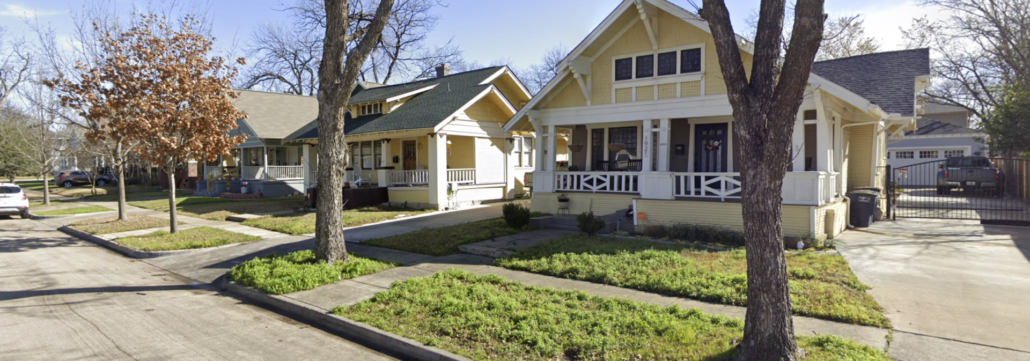Title Painting: “New Jerusalem”, license
Data is in. Everybody wants to make data driven decisions based on fact, not opinion. While accurate data points can represent facts, they can often leave a problem unaddressed and solutions frustratingly elusive. This becomes especially true when gathering too much data, or the wrong data. Finding solutions requires the right data organized in a manner that directly addresses the problem at hand. Cities have far more data available to them today than cities even 10 years ago could imagine. Aristotle noted that “with a true view all the data harmonize, but with a false one the facts soon clash.” With growing amounts of data, the number of “data driven” solutions has also increased. Not all data driven solutions are born equal. Quite a few leave the facts clashing in their wake.

“With a true view all the data harmonize, but with a false one the facts soon clash.”
Aristotle, Nicomachean Ethics
Want an example? Let’s look at downtowns. Perhaps you’ve heard something along these lines: “If you want your city to be financially sustainable, stop building single family neighborhoods and start building more downtowns.” Does density produce higher tax revenues? Sure, but higher revenues don’t guarantee fiscal solvency. Dense urban areas can also have higher infrastructure and service costs. A sudden bump in value can inspire, or even require, dramatic decreases in tax rates, potentially eliminating any additional revenue it could have generated. A poorly designed urban environment won’t entice many people to stay. It’s not hard to find examples of dilapidated housing projects and abandoned downtowns throughout many American cities. Any one of these issues could leave a city with a denser built environment while not solving the budgeting issues. While downtowns can be powerfully good, they can also be just as powerfully bad. The idea isn’t false as much as it’s shallow; it’s not detailed enough to address differences across cities. Too many clashing facts to leave it at “build this, not that.”

Photograph by Eli Pousson, 2018 December 8
Single family homes: those are definitely bad, right? They never generate enough revenue to pay for themselves, and inhibit affordable housing…right? Not always. Well designed single family neighborhoods with a well balanced budget can certainly achieve long lasting financial sustainability. It’s not uncommon for detached single family homes to represent the most affordable housing segment in a city. Some cities can’t build affordable housing without government intervention, no matter what form it takes. Tear down all the single family homes in San Francisco and replace them all with duplexes, and what happens? Those really expensive single family homes just got replaced with really expensive duplexes. Build only duplexes in a struggling city, and that city will continue to struggle, just with a fresh stock of empty duplexes. Lots of people really want to live in San Francisco; that’s what creates the demand, not the housing type. Inversely, people don’t abandon a struggling city for lack of denser housing, they leave because they don’t love it enough to continue supporting it.

Citing examples could get lengthy, but the goal here is an introduction. Many cities want a higher level of harmony when it comes to the facts of their built environment, development regulations, and the budgeting process. Urbex Solutions exists to help city leaders build that harmony among their citizens, policies, and processes.
Good financial stewardship is not only possible, but something city leaders have an ethical obligation to pursue. Responsible citizens should expect it. Any single acre of a city can present a problem, but every acre has an answer. In the end, people make cities, and people determine whether or not they succeed financially. Build a city people love with a budgeting structure they trust and financial sustainability can become the norm. We’d like to help with that.

